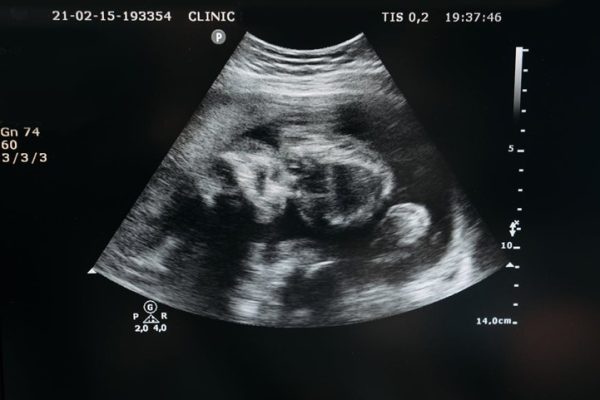
DHARANI –Groundbreaking Detailed 3D- High Resolution Fetal Brain Study By IIT Madras
The Indian Institute of Technology Madras (IIT Madras) has achieved a groundbreaking milestone by releasing the world’s first and most detailed 3D high-resolution images of the human fetal brain. This pioneering work, conducted by the Sudha Gopalakrishnan Brain Centre, marks a significant advancement in brain mapping technology and positions India at the forefront of global neuroscience research.
Key highlights:
- Dataset name: The dataset, termed ‘DHARANI,’ comprises 5,132 digitally captured brain sections, providing unprecedented cellular-level detail of the human fetal brain during the second trimester. This comprehensive atlas encompasses over five hundred identified brain regions, serving as a vital reference for understanding brain development.
- Global accessibility: ‘DHARANI’ is openly accessible to researchers worldwide, fostering collaborative advancements in neuroscience. The dataset can be accessed at https://brainportal.humanbrain.in/publicview/index.html.
- Cost-effective innovation: This monumental project was completed at less than one-tenth of the cost of similar initiatives in Western countries, demonstrating a cost-effective approach to high-end research.
- Collaborative effort: The research was conducted by a multidisciplinary team from India, Australia, the U.S., Romania, and South Africa, with medical collaborations from Chennai-based Mediscan Systems and Saveetha Medical College Hospital.
- Technological support: NVIDIA partnered with the Centre to process the extensive brain data, highlighting the integration of advanced computing in neuroscience research.
Significance:
This dataset offers detailed insights into brain development during the second trimester, aiding in the early diagnosis and treatment of developmental disorders. The findings have been accepted for publication in the Journal of Comparative Neurology, underscoring the global scientific community’s recognition of this work.
The Sudha Gopalakrishnan Brain Centre, established in 2022, has developed a high-throughput histology pipeline capable of processing whole human brains into high-resolution digital images at a petabyte scale. This positions the Centre to generate the largest repository of human brain data globally, serving as a reference for future research.
This achievement not only propels India’s standing in the field of neuroscience but also provides an invaluable resource for researchers worldwide, potentially leading to significant advancements in understanding and treating neurological conditions.
References:
- https://www.iitm.ac.in/happenings/press-releases-and-coverages/
- https://www.newindianexpress.com/
- https://timesofindia.indiatimes.com/science
- https://www.fortuneindia.com/macro/iit-madras-releases-worlds-largest-digital-dataset-of-human-fetal-brain/119504
- Image credit: Photo by Pavel Danilyuk: https://www.pexels.com/photo/ultrasound-of-an-unborn-child-7108416/ (Free to use)
Author: Sumana Rao | Posted on: December 23, 2024
« Nicotine And Non-Nicotine Vaping Negatively Impacts Vascular Health And Oxygen Level After Covid-19 China Is Experiencing Surge in HMPV Cases »




















Write a comment